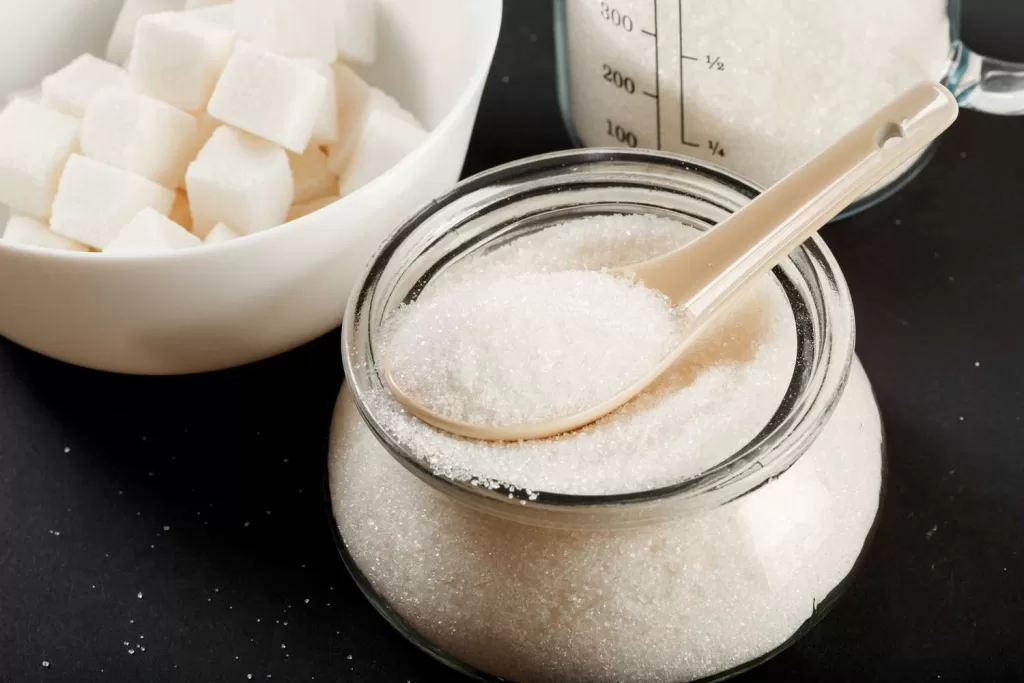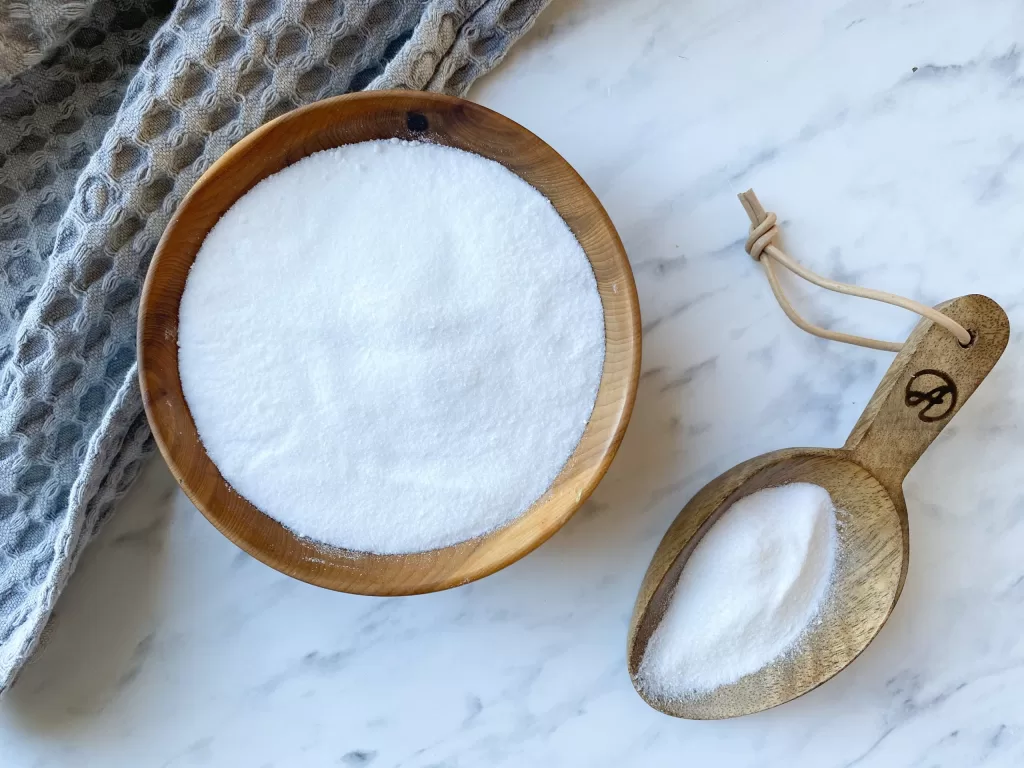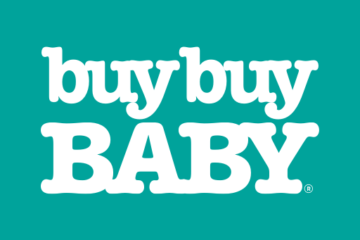
Another growing trend in natural sweeteners is allulose, which is considered a healthier substitute for sugar. Taste and texture-wise, it is comparable to sugar; however, it has fewer calories and does not raise blood sugar. Therefore, it is appropriate when it comes to those having diabetes or other sugar-free requirements in their health condition.
Natural sources of allulose include wheat, raisins, and figs. This is because it is also made from commercial cornstarch. This type of sweetener is called low-calorie which means one has minimal calories per serving of allulose. It is also a GI or low glycemic index sweetener, that causes minimal blood sugar spikes upon consumption. The compound has a taste similar to normal sugar but is around 70% as sweet and has 10x fewer calories per serving.
Allulose has wide applications as it can be added to virtually all foods and beverages. For instance, it can be substituted for sugar in recipes or incorporated into liquids like coffee, tea, and others. It is also possible to use allulose in making candies, ice creams, and other sweet goods.
Why is allulose so popular?
The first things that come to mind as to why allulose is so popular are several. First, it’s a natural sweetener. Therefore, it is natural and does not have any synthetic components. One highly-rated pack of allulose brings in around $23K/month on Amazon. Two, allulose has a low-calorie content and does not influence the level of blood sugar. Consequently, this is an ideal option for individuals with diabetic conditions or others who should reduce their sugar intake.
Lastly, allulose is a multifaceted sweetener applicable to diverse foods and beverages. There are also several practical applications for this product such as replacing sugar in baking or using it as a sweetener to flavor coffee, tea, and other drinks. It is also used in the making of candies, and ice creams, among others.

How is allulose made?
Allulose is made from cornstarch. First, it converts the cornstarch into a form of glucose before eventually changing this into allulose using a series of enzymatic processes. In color, allulose takes the form of a white crystalline powder with the scent of sugar. It’s like natural sugar but has no calories and doesn’t affect blood sugar levels.
What is allulose good for?
Use of allulose, and all of these will work great. In fact, allulose is a caloric-free sweetener with no calories per serving. It is also a low GI sweetener, which doesn’t bring about a sudden increase in blood sugar levels. For such people with health issues calling them to limit their sugar intake, makes it a perfect choice.
Similarly, allulose is another natural sweetener. This means that it is non-manmade and has no manmade elements or chemicals. Allulose is included in a wide range of types of foodstuffs. This can be employed as a sweetener in bakery stuff or added to coffee and tea. It is helpful in preparing candies such as sweets or ice cream.
What are Allulose’s side effects?
Allulose is safe for most people. However, excessive amounts of allulose can give rise to other symptoms like bloating and gas for some people having digestive disorders. Start by taking little amounts before you can build up to higher quantities, in order not to face any adversity.

How to use allulose
It serves as a great substitute for sugar in the majority of foodstuffs and beverages. Allulose is useful when used to sweeten baking recipes; it may also be added to coffee or tea, and so on and so forth. It’s possible to use allulose in making candies, frozen desserts, and more.
However, allulose is significantly not as sweet for use in making bread. For the sweetness that an allulose could give it has to surrender itself completely with what allulose offers. When it comes to baking, allulose is not like sugar in its nature. As such, these products get denser, coarser, and dry.
Allulose: The Emergence of a New Sugar-free Meta Trend
As a lesser-known, but growing alternative, allulose, which has been detected in fruits and green items, is becoming more famous. Sweet, but containing fewer calories and carbohydrates than sugar.
New Sugar Alternatives meta-trend comprises allulose among others in response to increasing consumer demand for healthy, eco-friendly foods. Allulose, being a natural sweetener with zero calories and no glycemic index, can be ideal for individuals with diabetes and metabolic disorders.
In addition to its use as a natural sweetener in food and beverages, allulose is versatile enough to be used in many different food and beverage applications that include baking, cooking, and sweetening drinks. This product is also heat stable and can thus be used in cooked foods like cooked or baked recipes.
The Meta trend of new sugar alternatives has shown growth and therefore it is likely to increase further because of growing awareness of adverse effects caused by added sugar. Since there is such a trend towards the use of healthier and more diverse alternatives to sugar, allulose can benefit from that very much.
Can allulose replace regular cane sugar?
In case of diabetes or any other condition leading to limitations in cane sugar consumption, allulose would be considered a healthy alternative to ordinary cane sugar compared to it. The Safest Low Calorie Low Glycemic Index Natural “Sweet” of Nature. Approximately 72% of consumers say they are trying to reduce their sugar intake.
However, the allulose is not a non-caloric sweetener. To an extent, sugar has more calories. The use should be started moderately by taking small amounts of allulose first.

Trending sugar alternatives: Date syrup and yacon syrup
The date syrup, which has the form of a tasty and viscous liquid obtained from the dates, is also very useful as an alternative to the normal type of sugar. This vegetable has anti-oxidant properties in plenty it is also rich in fibre and vitamin minerals like potassium, magnesium, and vitamin B6. Additionally, it is not as high-glycemic compared with table sugar and thus leads to a moderate or gradual increase in blood sugar levels.
Another emerging sugar substitute that is derived from the roots of the yakona plant is yacon syrup. It’s a natural, low-calorie, low-sugar sweetener. Yacon syrup has several notable health virtues; it contains FOS, which stands for fructooligosaccharide, a kind of carbohydrate that does not get completely absorbed and digested by the body. Therefore, it can be concluded that yacon syrup does not increase blood glucose levels and contributes to increasing body weight.
Here are some ways to use date syrup and yacon syrup:
- To make it sweet, add a spoonful of date syrup or yacon syrup to your coffee or tea.
- Drizzle date syrup or yacon syrup on yogurt, oatmeal, or pancakes.
- Replace sugar with date syrup or yacon syrup for baking purposes.
- Toss in date syrup or yacon syrup to smoothies, and drinks.
- Create a vinaigrette made of date or yacon syrup, olive oil, and the juice of one lemon.
What’s next for allulose?
There are signs that allulose will become a hit in the food world. Lately, the need has spiraled upward as numerous individuals are more interested in replacing ordinary sugars with anything better like allulose.
















Dear Website Owner,
I hope this email finds you well. I recently discovered your website and was impressed by the quality of your content and the helpful information you offer to your audience. In light of this, I would like to propose a backlink exchange that could benefit both our websites.
My website, https://m.cheapestdigitalbooks.com/, is focused on providing affordable digital books to readers around the world. We currently have a strong online presence with a Domain Authority (DA) of 13, a Page Authority (PA) of 52, and a Domain Rating (DR) of 78. Our website features 252K backlinks, with 95% of them being dofollow, and has established connections with 5.3K linking websites, with 23% of these being dofollow links.
I believe that a mutually beneficial backlink exchange could be of great value for both of our websites, as it may lead to an increase in website authority and improve our search engine rankings. In this collaboration, I am willing to add backlinks from my website using your desired keywords and anchor texts. In return, I would be grateful if you could include backlinks with my desired keywords and anchor texts on your website.
I kindly request that you visit my website, https://m.cheapestdigitalbooks.com/, to get a sense of the potential benefits this partnership could bring to your site. I am confident that this collaboration will provide a win-win situation for both parties, and I look forward to learning more about your thoughts on this proposal.
Thank you for considering my offer. I am excited about the potential growth this partnership may bring to our websites and am eager to discuss the details further. Please do not hesitate to reach out to me at your convenience.
Best regards,
David E. Smith
Email: david@cheapestdigitalbooks.com
Address: 3367 Hood Avenue, San Diego, CA 92117